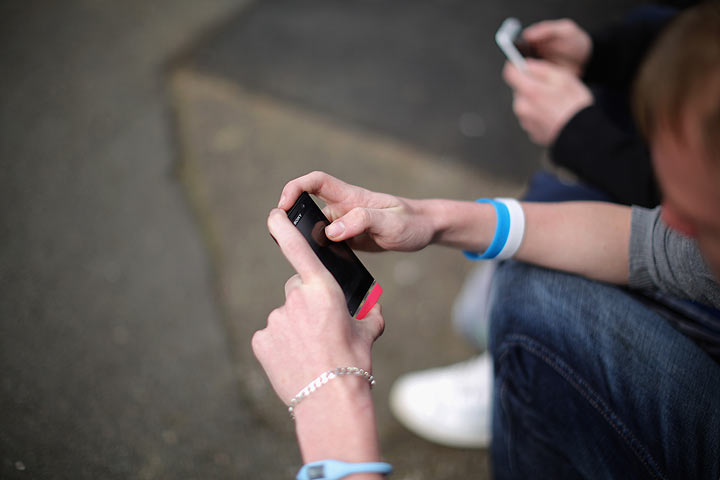TORONTO – Does this scenario seem familiar?

“Hey girl, just waiting at the ticket line. You here soon?”
“Ya”
“Cool, how far away are you? Do you want popcorn?”
“…”
“Hey, are you okay? I’m super excited to see this movie. Just hope you’re not late”
“Around…corner. 5 min.”
If this is a conversation you’re used to having, there’s a good chance your friend is lying to you. She’s not just around the corner. She’s still at home in her track pants, frantically trying to get out of the house and make it to the theatre in break-neck speed.
According to new research from Brigham Young University, when people lie in digital messages such as texts, social media or instant messaging, they take longer to respond, have awkward pauses, write shorter responses than usual and make more edits.
“Digital conversations are a fertile ground for deception because people can easily conceal their identity and their messages often appear credible,” said BYU professor Tom Meservy. “Unfortunately, humans are terrible at detecting deception. We’re creating methods to correct that.”
Meservy said humans can detect lies about 54 per cent of the time and even less often when someone is lying through a digital message.
RELATED: Internet and text deception – new techniques for the same old lies
In order to address the many security and personal safety implications of “digital deception,” Meservy and his colleagues set up an experiment to track possible cues of lying.
They created a computer program that mimicked online conversations with study participants.
More than 100 participants were asked 30 questions each. The participants were told to lie 50 per cent of the time.
The researchers found that when a participant lied, it generally took 10 per cent longer for them to respond, compared to truthful answers.
“We are starting to identify signs given off by individuals that aren’t easily tracked by humans,” said Meservy. “The potential is that chat-based systems could be created to track deception in real-time.”
The researchers said they are just at the beginning of their research and one shouldn’t assume they’re being lied to just because someone takes a long time to respond to a text message.
Further studies could include using other sensors to see how human behaviour and deception are linked.




Comments